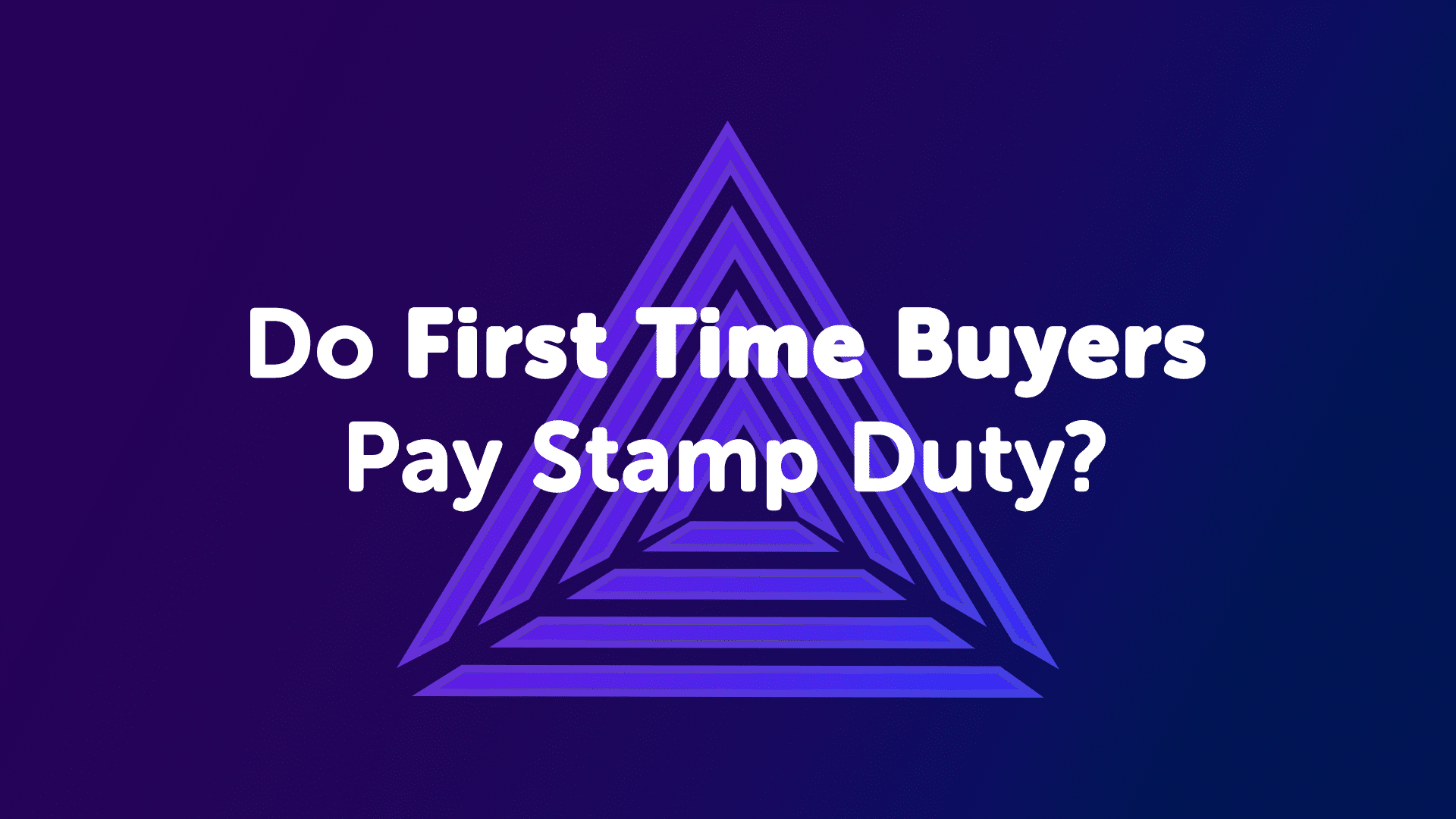An “agreement in principle” is often referred to as a “mortgage in principle” or simply AIP. It involves successfully passing a lender’s credit assessment to qualify for a mortgage, and it’s also known as a “decision in principle.”
Once you secure your agreement in principle and have explored advice on first time buyer mortgages in Lincoln, you’re ready to move forward and submit a property offer.
Possessing an agreement in principle certificate can occasionally provide leverage for first time buyers in Lincoln when negotiating a lower property asking price. Sellers recognise your commitment and financial readiness, which can work in your favour during negotiations.
Will obtaining an agreement in principle affect my credit score?
In recent times, we’ve observed that customers are becoming increasingly conscious of factors that could adversely affect their credit score. One such factor is credit searches.
Naturally, whenever someone applies for credit, credit searches are initiated. This applies to various instances like mortgages, personal loans, phone contracts, car finance, and virtually any credit-related application.
As a respected and experienced mortgage broker in Lincoln, we don’t directly perform credit checks on our clients. Your mortgage advisor in Lincoln will always request your permission for such checks, as the mortgage lender will conduct a credit search as part of their assessment.
Credit searches generally fall into two categories: soft searches and hard searches.
What is a hard credit search?
A hard credit search involves a more comprehensive examination of your credit file by a mortgage lender. Any organization conducting such a search must obtain your permission beforehand, as these searches can potentially impact your credit score, though not always.
For customers who have undergone a hard credit search, the benefit lies in the fact that the mortgage lender gains a thorough understanding of your financial situation. While passing these checks doesn’t guarantee mortgage approval, it significantly enhances your likelihood of success.
Hard searches often leave a credit footprint on your file, indicating that a thorough credit search was performed. Successfully passing such checks can give a considerable boost to your credit score.
The downside is that this footprint doesn’t indicate whether the search was successful or not to other financial institutions reviewing your credit file. Consequently, undergoing multiple hard searches in a short span of time can potentially harm your chances of approval.
The reason behind this is that numerous credit searches in a short duration might convey the impression that you’re seeking a significant amount of credit simultaneously or have previously been rejected and are making repeated attempts.
This scenario not only affects your credit score negatively but could also discourage a mortgage lender. This doesn’t imply that having a few hard searches will drastically impact your credit.
While it’s not a major concern, it’s advisable to exercise caution and be mindful of the number of searches you undergo.
What is a soft credit search?
In contrast to a hard search, soft searches are notably less extensive and are commonly encountered on platforms like price comparison websites or used for identity verification purposes. It appears that an increasing number of mortgage lenders are opting for soft credit searches these days.
When a soft search is conducted on your credit, the entity conducting the search won’t have access to as much information as they would with a hard credit search. Nevertheless, soft searches are also less likely to impact your credit score significantly.
While the information obtained through soft searches might be less comprehensive, the ultimate outcome of obtaining a mortgage agreement in principle from the lender remains the same, regardless of whether a hard or soft credit search was performed.
Moreover, while hard searches are visible to both yourself and other financial institutions, soft searches are confidential and can only be seen by you. This means that if you experience a setback in one instance, you need not overly concern yourself with how it appears to others.
Is an agreement in principle a guarantee that I will get the mortgage?
An agreement in principle is not an assurance that your mortgage application will receive approval. The lender requires a thorough review of all your documents, and only after this assessment will an underwriter make the ultimate decision.
Agreements in principle come with detailed terms and conditions, and it’s quite common for clients to contact us after being declined during the full application stage.
To proceed, you’ll need to submit identification to verify your identity, payslips to demonstrate your income, and bank statements to showcase your financial responsibility before a lender will extend an offer for your case.
For applicants seeking a self-employed mortgage, the necessary documentation may differ slightly.
Can I make an offer without an agreement in principle?
While it’s possible to make an offer without having an agreement in principle, we wouldn’t advise it. A reputable estate agent will typically ensure that individuals, particularly those seeking a first time buyer mortgage, have the financial capability to proceed before accepting an offer.
How long does it take to get an agreement in principle?
In the majority of instances, you should be able to secure an agreement in principle within 24 hours of discussing your situation with a mortgage advisor in Lincoln. Our goal is to provide this swift service for all customers who reach out to us.
How long does an agreement in principle last for?
An agreement in principle usually has a validity period of 30 to 90 days. But don’t stress—having an agreement in principle doesn’t mean you’re committed to buying the first house you come across!
Getting an agreement in principle early on is a smart move to prevent the frustration of falling in love with a house, only to be turned down for a mortgage later.
If your agreement in principle does expire, it’s a straightforward process to renew it when you’re prepared to make an offer.
Date Last Edited: October 28, 2024














